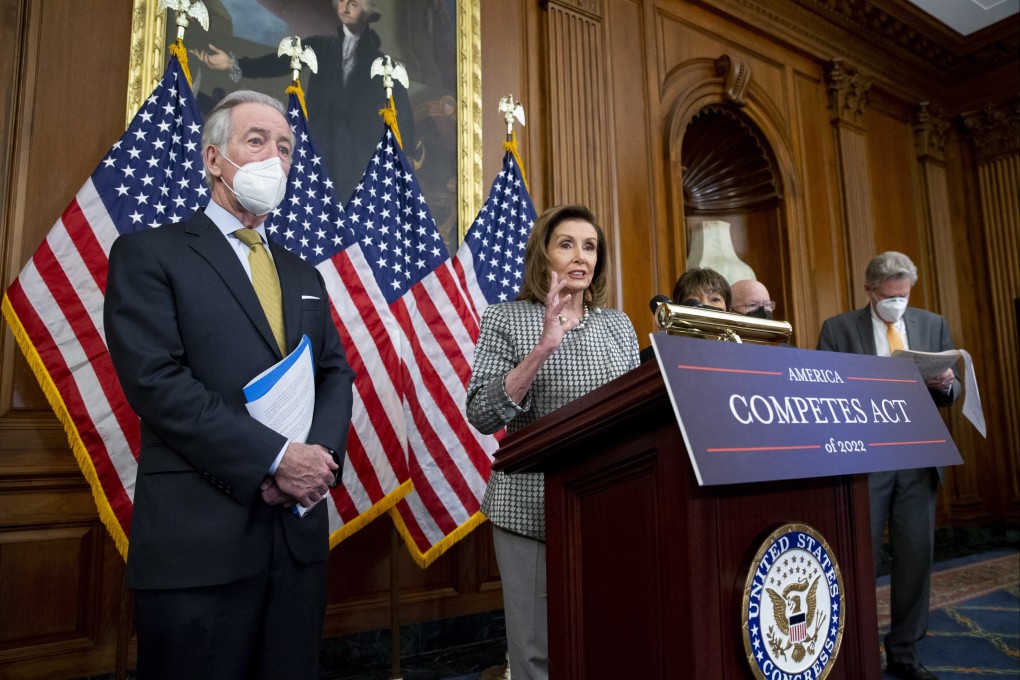The View | US must put strengths and values first in competition with China
- Competition is not necessarily a bad thing, but the US must promote smart competition that emphasises its strong points to avoid hampering innovation
- Two bills under debate in Congress offer a chance for the US to get its priorities in order and reinvigorate federal spending to strengthen the private sector

In geopolitics, as in business, competition is not necessarily a bad thing. But what is needed today are measures that promote smart competition by playing to America’s strengths and values. On this front, Congress has more work to do.
That work starts by recognising where innovation comes from. In the past, most of American R&D came from government spending, with the rest coming from the private sector.
Today, that picture has flipped. With government spending mostly flat during the past four decades, businesses now far outspend government on research and development, and the contribution from government has fallen to just 24 per cent.
Thanks to private enterprise, the United States spends more on R&D than any other country and is a patent leader in hi-tech sectors such as biotech. Yet at the same time, flatlining government expenditure on R&D has made it harder to stay ahead.
There are two powerful lessons to draw from this history. An innovation bill should reinvigorate federal spending, especially in ways that empower the private sector. It should also avoid including measures that could undermine the competitive strength of American businesses.
